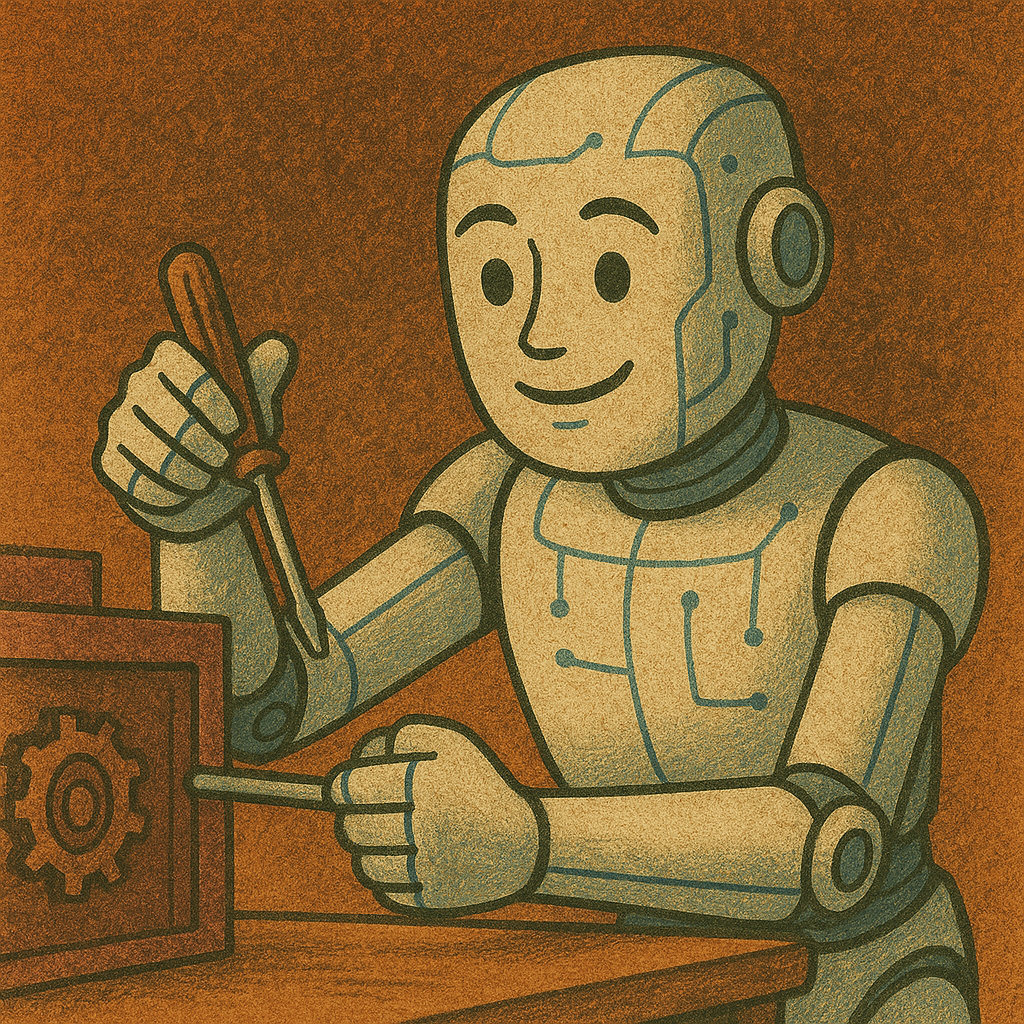Today, in technology, we see a fascinating mix of groundbreaking potential and growing pains in the real world. A significant report is forcing a hard look at the real value of AI investments, while a content platform’s massive success highlights the individual creator’s power. At the same time, a heated debate is unfolding about who gets to set the rules for artificial intelligence. Let’s break down what this all means for you.
AI’s Billion-Dollar Question: Where’s the Profit?
There’s a lot of excitement about Artificial Intelligence, and for good reason. But a new report from MIT is pumping the brakes on the hype. It found that 95% of AI projects aren’t making companies more profitable. This might sound alarming, but it’s a valuable reality check. Implementing AI isn’t like flipping a switch; it’s a complex process that requires deep integration, the correct data, and a clear strategy. Think of it less like a magic wand and more like a powerful, specialized tool that requires a skilled operator. This report doesn’t mean AI is a failure. Instead, it highlights a critical lesson: success with AI comes from thoughtful planning and realistic expectations, not just adopting the technology for its own sake. For anyone working with or curious about AI, this is a reminder that the ‘how’ is just as important as the ‘what’. Read the full article.
The Technology Fueling the Creator Revolution
On the other side of the digital spectrum, the financial success of OnlyFans is a powerful story about the ‘creator economy.’ While the platform is known for a specific type of content, the underlying technology is revolutionary. It provides a direct pipeline between a creator and their audience, seamlessly handling subscriptions, payments, and content delivery. This model empowers individuals to build digital businesses, cutting out the traditional gatekeepers like studios or publishers. The platform’s massive revenue and potential sale underscore a significant shift in how content is produced and consumed. It’s a testament to the power of building platforms that give people the tools to monetize their skills and passions directly. We’re seeing this trend across many fields, from journalism to education, and it’s changing the game for creators everywhere. Read the full article.
The Battle for AI’s Future: Who Writes the Rules?
As AI becomes more integrated into our lives, a critical question emerges: who decides what it can and can’t say? The recent push against so-called “woke AI” brings this debate to the forefront. The core of the issue is about algorithmic bias. AI models learn from vast amounts of data from the internet, and that data contains all sorts of human biases. The challenge for developers is fine-tuning these models to be fair and neutral. The conversation is shifting towards whether governments should step in and set rules for how these systems are built and what kind of content they can generate. This has enormous implications for technology companies and everyone who uses these tools. It raises fundamental questions about free expression, censorship, and the role of government in shaping the digital world. This isn’t just a political issue; it’s a technological one that will define the next generation of AI. Read the full article.
From the practical realities of implementing AI to the booming economy of independent creators and the looming questions of regulation, it’s clear that technology is evolving at a breathtaking pace. Understanding these shifts helps us see not just where technology is but where it’s going. The key takeaway is that technology is a tool, and its impact—good or bad—ultimately depends on how we choose to build and use it.

